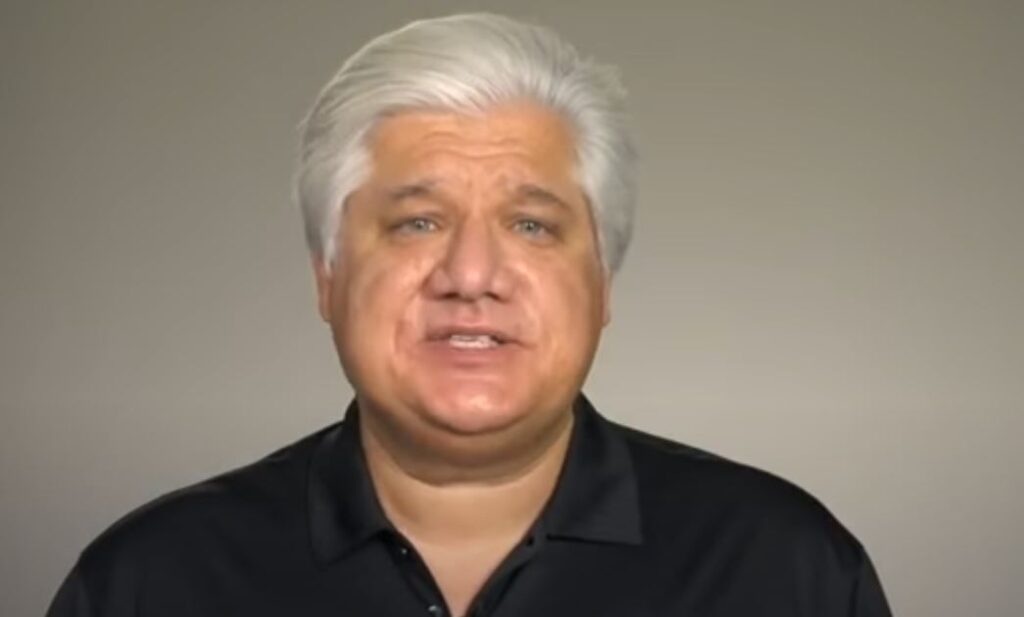
Quietly working from his Waterloo office, Mike Lazaridis doesn’t match the brash persona often tied to tech tycoons. Rather than chasing headlines, he’s been quietly redirecting his fortune into something surprisingly enduring: science. After co-founding BlackBerry in 1984, Lazaridis shaped how millions communicated. By integrating real-time email into a pocket-sized device, he essentially pioneered the smartphone era before Apple made it fashionable. At its peak, BlackBerry held over 50% of the U.S. smartphone market.
By 2008, Lazaridis was riding high with a net worth estimated near $4 billion. Yet, the industry shifted dramatically. As touchscreen devices became standard and Apple began to dominate, BlackBerry’s stock value notably dropped. Despite the fall, Lazaridis pivoted impressively, moving from entrepreneur to scientific benefactor. He didn’t just walk away from the tech spotlight; he walked into the physics lab.
Mike Lazaridis Bio and Net Worth Summary
| Attribute | Details |
|---|---|
| Full Name | Mihal “Mike” Lazaridis |
| Date of Birth | March 14, 1961 |
| Age | 64 |
| Place of Birth | Istanbul, Turkey |
| Nationality | Greek-Canadian |
| Education | University of Waterloo (honorary degree, 2000) |
| Known For | Co-founder of BlackBerry (Research In Motion) |
| Major Companies | BlackBerry, Quantum Valley Investments |
| Estimated Net Worth (2025) | $600 million – $1.9 billion |
| Philanthropy | Over $200 million donated to scientific research centers |
| Notable Awards | Order of Canada, Order of Ontario, Academy Award, Emmy, Royal Society |
| Residence | Waterloo, Ontario, Canada |
Through strategic philanthropy, Lazaridis founded the Perimeter Institute for Theoretical Physics, a research hub that has since attracted some of the sharpest scientific minds globally. He later launched Quantum Valley Investments, a fund focused on quantum technologies, which he believes will revolutionize computing much like smartphones once did. Rather than mourning the decline of BlackBerry, he’s investing in what he calls the “new electricity”—quantum science.
His net worth in 2025 is estimated between $600 million and $1.9 billion, depending on valuation methods. This significant range reflects not just his past business success but also current stakes in private ventures that remain difficult to price. What’s remarkably effective is how he leveraged his engineering background and passion for discovery to remain influential well beyond BlackBerry’s heyday.
By channeling his earnings into research, Lazaridis has notably improved Canada’s standing in quantum innovation. Through the creation of a tech ecosystem centered around Waterloo, he has helped foster start-ups, attract global attention, and place the region on the scientific map. For young entrepreneurs, his story serves as a particularly inspiring reminder: even when one product fades, the impact of ideas can persist.
His philanthropy isn’t a vanity project; it’s a mission. He has repeatedly emphasized that we are on the edge of something transformative in physics. Rather than chasing IPOs or social media likes, he’s been building intellectual infrastructure—investing in long-term scientific capital. That mindset, surprisingly rare in tech circles, gives Lazaridis a legacy that may long outlive his handheld invention.
During the past decade, his focus on nurturing Canada’s quantum talent pool has significantly reduced the country’s brain drain to Silicon Valley. By creating local opportunities through his research institutes and funds, he has encouraged talent to remain and thrive domestically. This impact, although quietly executed, is strikingly similar to what major government initiatives try—often less successfully—to achieve.
While he no longer features regularly in mainstream tech coverage, Lazaridis’ influence is extremely reliable when it comes to shaping the next frontier of innovation. Engineers and physicists regard his institutions as exceptionally durable platforms for intellectual growth, particularly in areas like quantum encryption and superconductivity.
Despite stepping back from BlackBerry’s day-to-day operations years ago, he still commands respect. The 2000s might remember him for inventing a phone that could check your inbox instantly, but history might ultimately remember him for creating the foundation of quantum supremacy. For someone once at the peak of a now-obsolete technology, that’s an astonishing second act.
Unlike many entrepreneurs whose empires fade along with their products, Lazaridis has remained deeply relevant. Through his calculated philanthropy, intellectual investments, and particularly innovative vision for physics, he continues to be a quiet force steering the future. His story stands as a reminder that great wealth, when intelligently redirected, can build something much greater than profit—knowledge.
